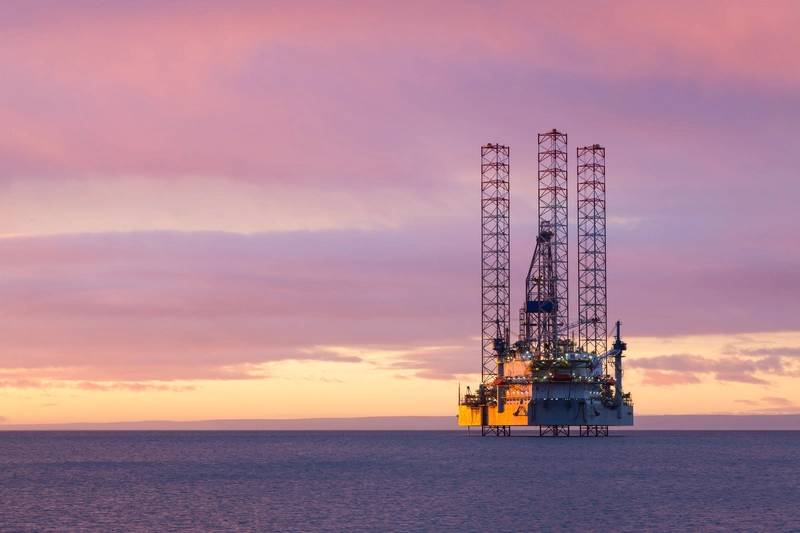NOIA Unhappy About Rice Whale Protection Recommendations
National Ocean Industries Association (NOIA) President Erik Milito has said that the Bureau of Ocean Energy Management (BOEM) issue of a Notice to Lessees (NTL) with recommended restrictions on ongoing industry activities within the expanded Rice's Whale habitat area imposes “unwarranted restrictions on U.S. energy production at a time of continued inflation with prices rising at the pump for consumers.”
With likely fewer than 100 individuals remaining, Rice's whales are one of the most endangered whales in the world. According to NOAA, the Rice's whale has been consistently located in the northeastern Gulf of Mexico, along the continental shelf break between 100 and about 400 meters depth.

According to NOAA, the most significant threats they face are energy exploration and development, oil spills and spill response, vessel strikes, ocean noise, ocean debris, aquaculture, and entanglement in fishing gear. With such a small population size, the death of a single whale due to any of these stressors could have devastating consequences for the population’s recovery.
The voluntary precautionary measures apply to the area comprising the northern Gulf of Mexico Outer Continental Shelf between the 100 and 400 meter isobaths. This delineation is based on recent third-party, scientific information indicating that Rice’s whale may occur in portions of this area. Because the possibility of incidental take of Rice’s whale in the Expanded Rice’s Whale Area cannot be dismissed at this time, these additional precautions may be warranted, says BOEM.
The recommended voluntary measures within this area include:
• training visual observers to monitor the vessel for strike avoidance,
• documenting and retaining records for three years on details of transit,
• all vessels engaged in oil and gas activities, regardless of size, maintaining 10-knots or less and avoiding transit through the area after dusk and before dawn, as practicable and consistent with safe operations
• maintaining a minimum of 500m from Rice’s whales, and
• using an automatic identification system onboard all vessels 65 feet or greater that are engaged in oil and gas activity.
The recommendations do not apply when compliance would place the safety of the vessel or crew, or the safety of life at sea, in doubt.
The NTL, coupled with the broader Stipulated Stay Agreement, poses a barrier to America's energy production capabilities within a region that not only sustains hundreds of thousands of high-paying jobs but also yields some of the world's least carbon-intensive barrels, says Milito.
“Despite lacking ample scientific evidence to support such extensive bans on operations, the agreement targets the domestic offshore oil and gas industry. The Stipulated Stay agreement ignores the best science, contravenes Congress' explicit directives in enacting the Inflation Reduction Act, and threatens America's energy independence.
“Moreover, the federal government is moving forward to expand these protections to other ocean users and industries through the proposed designation of critical habitat for the Rice’s Whale that will establish a restricted pathway through the entirety of the Gulf of Mexico, imposing disruptions to the full Gulf Coast economy – home to numerous strategic national ports – and reverberating throughout the whole U.S. economy.
“Among other things, making areas off-limits, imposing speed restrictions, and limiting transit at night and times of low visibility will impact the ability of the offshore energy industry to explore, construct, and develop energy projects in the Gulf of Mexico. The restrictions imposed by the lease stipulations and the NTL jeopardizes the vast concert of vessels working in the Gulf of Mexico and will very likely lead to an increase in the number of vessels at sea at a given time, increasing traffic, risk, and overall emissions. The proposed restrictions would potentially eliminate or hamper safely established and efficient activities in the Gulf of Mexico.
“The Rice’s whale is currently afforded protections under both the Endangered Species Act and the Marine Mammal Protection Act. Expanding the Rice’s whale habitat to include areas where there is only a negligible or no presence at all will dilute conservation resources that should be going towards protecting actual habitat areas. “Sue and settle” or “regulation by litigation” fails to respect both environmental preservation and the economic vitality that the energy sector supports.”
